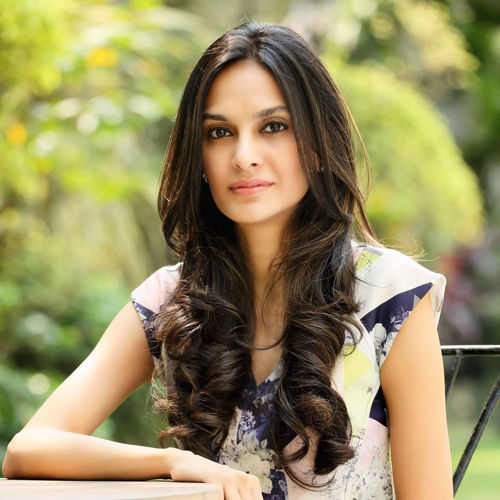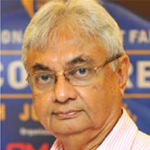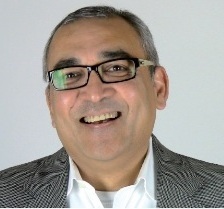
Sweta Tantia
Designer & Owner
Tahweave & Garo
Want to raise brand visibility of Garo in India
Designer Sweta Tantia owns Garo, a couture indutva or ethnicwear brand, and Tahweave, a hand-crafted clothing brand that deals with everyday chic yet casual womenswear. Garo is a luxury brand for women using heritage textiles and handcrafted techniques in remote parts of India with a contemporary vision, while Tahweave contributes towards building a range of affordable and comfortable organic clothing suitable for a tropical country like India. Tantia spoke to Fibre2Fashion about organic clothing, working with weavers, and her plans for both the brands.
Fibre2Fashion: After Garo, your indutva brand, why did you diverge towards casualwear?
Sweta Tantia:
Garo is our couture brand and once we realised the need for ethical fashion, we wanted to make such products and went on to make casualwear.
F2F: What kinds of fabrics do you work with? Do you weave your own fabric?
ST:
Yes, we weave our own fabrics. We mainly work with silk, cotton silk, khadi silk, kota and cotton.
F2F: How are you helping the weavers contemporise their crafts without losing their traditional identity?
ST:
We are doing this by making modern styles while sticking to the basic concept of their traditional weaving. Our fabrics are woven in Fulia, a sleepy town along the Hooghly and their speciality is jamdani. So, we understand how jamdani fabrics are woven and design accordingly, keeping in mind the limitations of designing with sharp edges and restricting the size of the motifs to keep it budget-friendly. We develop motifs according to our collection and the trending colours of a particular season, giving the fabric a contemporary look yet staying true to its traditional identity.
F2F: Do Indian millennials identify with concepts of slow fashion and sustainable clothing?
ST:
Yes, nowadays half of the millennials understand the concept and they prefer wearing sustainable clothes.
F2F: Who are your clients? How much do they know and understand about handloom?
ST:
Our clientele comes largely from the 25-45 age group. They buy our garments only because they understand the concept of handloom and how comfortable they are.
F2F: What are the challenges of being an organic clothing label?
ST:
The biggest and the only challenge of being an organic clothing label is breaking the stereotype where the clothes are expected to be dull and dark coloured with boxy silhouettes.
F2F: Are there any limitations to designing when it comes to working with handloom fabrics and staying clean and green?
ST:
The most important limitation is the cost. One needs to be very careful while designing. Something too intricate will hike up the cost.
F2F: What new weaves and themes are you working around for your next collections?
ST:
For the new collection we are working around the concept of ikat with checks and tie-and-dye with minimalistic hand embroidery. This season we want to go back to the basics with checks and stripes.
F2F: Which are your major markets in India? Do you plan to retail abroad?
ST:
Ahmedabad, Bangalore, Delhi and Mumbai are our major markets in India. Yes, we would love to expand our label abroad as well.
F2F: What does the name Garo mean?
ST:
Garo is a name of a tribe from Assam.
F2F: What is the retail presence of Garo and Tahweave?
ST:
F2F: What are your future plans with both the brands?
ST:
Our future plans for Garo include participation in Lakme Fashion Week Winter/Festive'2019 and we are aiming towards increasing the brand visibility in India. For Tahweave, we already have the brand visibility in India, hence we will be working towards gaining global recognition and developing a new market abroad. (HO)
Fanny Vermandel
Rahul Mehta
Abhay Gupta
Pradip Mehta
Bill D’Arienzo
Gabi Seligsohn
Arun Sirdeshmukh
Rahul Mehta
Aseem Prakash
Anurag Batra


20230103183907.png)







_8.JPG)


